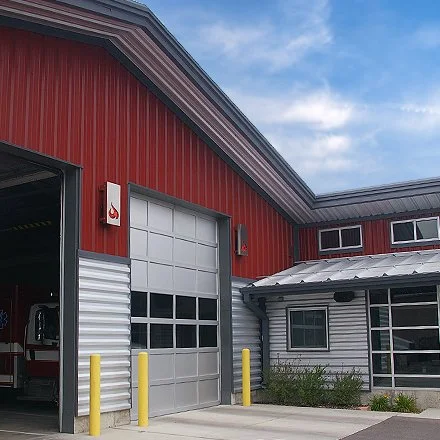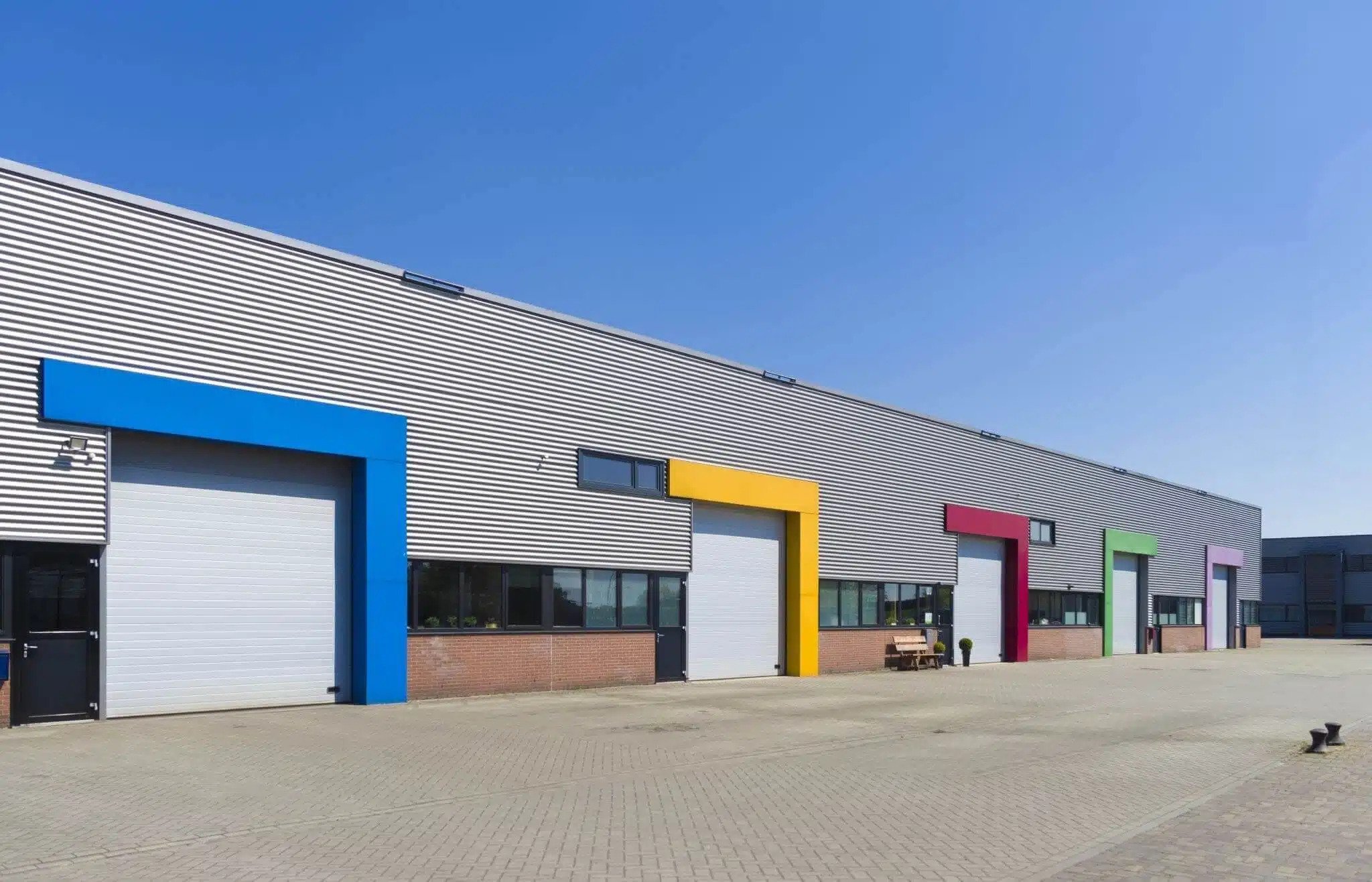To Insulate or Not to Insulate - That is The Question
If you clicked on this article, you are likely deciding whether or not to insulate your metal building. When designing a metal building, it may be tempting for builders and contractors to skip the insulation. Not all metal buildings need insulation, but how do you know whether or not insulation will benefit your build?
Is Insulation Really Necessary?
They key question to answer here is: “Does maintaining a constant temperature or humidity in your building matter?” Because steel is a strong conductor of heat, heat and cold are easily transferred through metal buildings. Proper insulation will keep a structure warmer in the winter and cooler in the summer, increasing occupant comfort.
If you aren’t worried about your space feeling like a walk-in cooler in the winter, or an oven in the summer, then I wouldn’t worry about insulating it. Structures such as simple metal garages, barns, and storage sheds often do not require insulation.
Benefits of Insulating a Metal Building
Metal building insulation addresses two important goals: stabilizing the structure’s interior temperature and preventing condensation.
Here are a few more benefits of properly insulating your metal building:
Temperature Regulation
Insulation reduces the transfer of heat into and out of a metal building
Helps HVAC system control the interior temperature
Reduces temperature in non-climate controlled spaces by reflecting heat in insulation with radiant barrier (VRR+, WMP-50, etc.)
Improved Energy Efficiency
By better regulating the building’s heating and cooling system, metal building insulation helps reduce energy usage
Condensation Prevention
Condensation occurs when warm, moist air comes in contact with cold surfaces, such as framing members, windows and other accessories
Metal building insulation reduces the temperature difference between the metal framing and interior building air, reducing the potential for condensation to occur
Additionally, a good vapor retarder is the first and last line of defense in combatting condensation
Sound Absorption
Metal buildings can be prone to echoing and noise transmission
Insulation absorbs sound waves, improving sound quality and creating a quieter interior environment
Sound absorption is especially useful in recreational facilities and buildings that store loud equipment
Finished interior appearance
Metal building insulation has an exposed vapor retarder that faces toward the interior of the building, providing an attractive finished appearance that may also reduce lighting loads
Which Type of Insulation Is Right for My Project?
3 key factors will help determine what type of insulation is best for your build:
Budget
R-value requirements
Climate
After reading this article, are you wondering which insulation system is right for you? This article will equip you with all of the information necessary to make that decision: Metal Building Insulation Guide.




